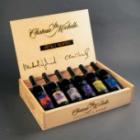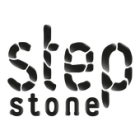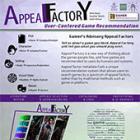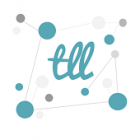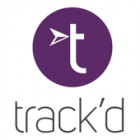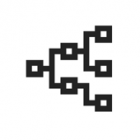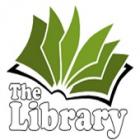
Kickstarting the East Bonner County Library District Strategic Plan
The East Bonner County Library District (EBCL) is a mid-size public library system based in Sandpoint, Idaho. In response to the EBCL administration’s expressed need for a strategic plan, I researched industry standards and best practices for creating a public library strategic plan, gathered existing data, carried out additional qualitative research based on staff input, and created a full strategic plan outline with detailed recommendations for the project’s completion. Laying the groundwork for this project helped the library staff and administration view the strategic planning process as inclusive and inspirational, instead of intimidating. A thoughtfully-created strategic plan will help the East Bonner County Library District prioritize its decision making to better align its goals with that of its community, allowing it to achieve the highest levels of effective service possible.


